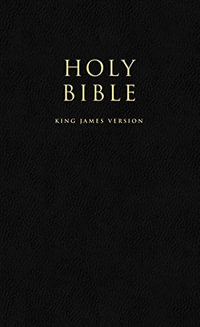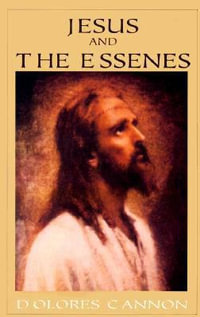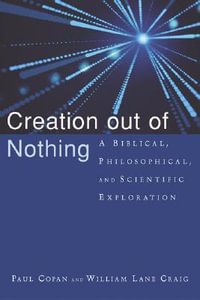This study of Johannine exegesis in the sixteenth century covers nearly every important commentator on John from the first half of the century, and examines the medieval and patristic traditions on which they drew. But while comprehensive in its scope, this book centers on the John commentary of Wolfgang Musculus (1497- 1563), an influential leader of the Protestant Reformation in the cities of Augsburg and Bern. As a theologian and biblical scholar, he authored a large number of theological and exegetical works which remained popular well into the seventeenth century. Despite his influence, however, Musculus has been virtually ignored by modern scholarship on the Reformation.
Industry Reviews
"Craig Farmer has written a fine book....an admirable beginning guide to the thought of Musculus and a skillful example of the method known as history of exegesis....His work is careful and well-documented...Farmer's book succeeds in expanding both knowledge of the early modern history of Christian exegesis of the Gospel of John and knowledge of Musculus' place in that endeavor."--Erasmus of Rotterdam Society Yearbook
"...Farmer offers new insight into the complicated world of sixteenth-century biblical interpretation. His work should be required reading for all those interested in how the Bible, especially the Gospel of John, functioned in the Reformation."--Church History
"Farmer has written an erudite, balanced, and informative account of sixteenth-century biblical exposition...[His] book deserves careful study, as it brings the career of a forgotten reformer into purview and offers a highly readable and engaging work of intellectual history."--Sixteenth Century Review
"Farmer has given us an impressive demonstration of the fruitfulness of approaching the history of early modern theology from the perspective of biblical interpretation."--Religious Studies Review
"Craig Farmer's groundbreaking book opens up important new avenues for scholars interested in religious thought in sixteenth-century Europe and the Western tradition of biblical interpretation....Farmer's work provides a model for investigations into other figures whose work has been underappreciated....Highly recommended to historians of Christian thought and exegesis, reformation scholars, and biblical scholars."--The Journal of Religion
"In his brilliant study of the John-commentary by Wolfgang Musculus...Craig S. Farmer shows how paying attention to the work of biblical commentators illuminates patterns that might otherwise go unnoticed."-- Pro Ecclesia
"Craig Farmer has written a fine book....an admirable beginning guide to the thought of Musculus and a skillful example of the method known as history of exegesis....His work is careful and well-documented...Farmer's book succeeds in expanding both knowledge of the early modern history of Christian exegesis of the Gospel of John and knowledge of Musculus' place in that endeavor."--Erasmus of Rotterdam Society Yearbook
"...Farmer offers new insight into the complicated world of sixteenth-century biblical interpretation. His work should be required reading for all those interested in how the Bible, especially the Gospel of John, functioned in the Reformation."--Church History
"Farmer has written an erudite, balanced, and informative account of sixteenth-century biblical exposition...[His] book deserves careful study, as it brings the career of a forgotten reformer into purview and offers a highly readable and engaging work of intellectual history."--Sixteenth Century Review
"Farmer has given us an impressive demonstration of the fruitfulness of approaching the history of early modern theology from the perspective of biblical interpretation."--Religious Studies Review
"Craig Farmer's groundbreaking book opens up important new avenues for scholars interested in religious thought in sixteenth-century Europe and the Western tradition of biblical interpretation....Farmer's work provides a model for investigations into other figures whose work has been underappreciated....Highly recommended to historians of Christian thought and exegesis, reformation scholars, and biblical scholars."--The Journal of Religion
























